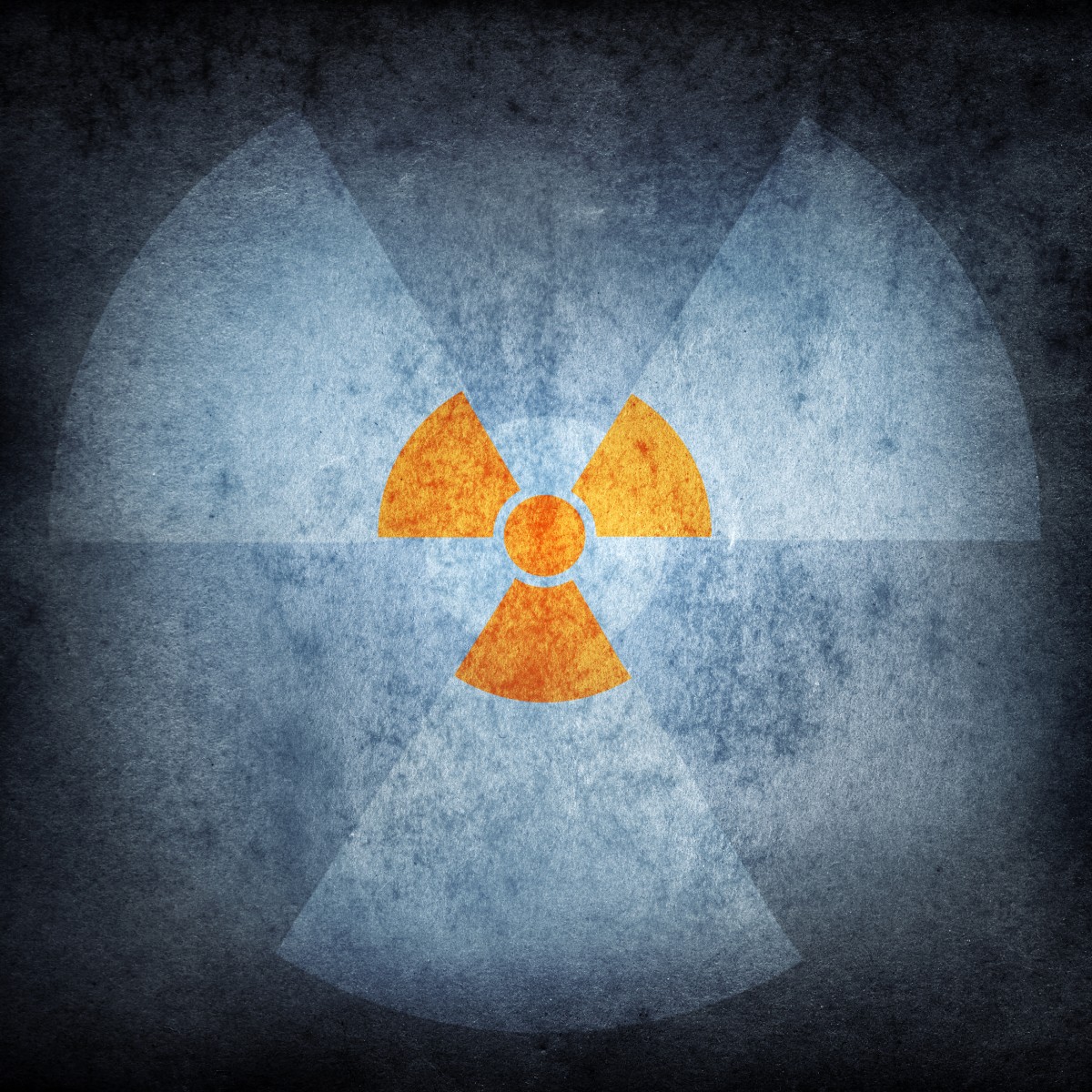Researchers at the University of Maryland School of Medicine (UM SOM) provided important data on a non-human clinical model of high-dose radiation that ultimately led the U.S. Food and Drug Administration (FDA) to recently approve the use of the drug Neupogen for the treatment of harmful effects of radiation exposure. This is the first drug to be ever approved as a therapeutic agent for acute radiation injury. This radiation exposure can be the result of cancer treatment based on radiation therapy or of a nuclear incident.
It is known that radiation can damage internal organs including the bone marrow, which leads to a reduction in the production of white blood cells, important cells that defend the body from infections. Neupogen, produced by Amgen, Inc. is able to neutralize such effects by stimulating the growth of bone marrow cells. Neupogen was first approved in 1991 for the treatment of cancer patients who were receiving chemotherapy, a treatment that also affects bone marrow cells.
“Our research shows that this drug works to increase survival by protecting blood cells,” said in a news release Dr. Thomas J. MacVittie from UM SOM, who is considered one of the nation’s leading experts on radiation research. “That is a significant advancement, because the drug can now be used as a safe and effective treatment for the blood cell effects of severe radiation poisoning.” Neupogen was approved by the FDA based on animal studies since research of this kind in humans could not be ethically performed.
“In terms of both research and treatment, our department is leading the way in developing the most effective discovery-based clinical applications to help protect and heal patients,” noted Dr. William F. Regine, professor in the Department of Radiation Oncology at the UM SOM.
Currently, the department has four clinical modalities of cancer treatment through radiation: proton therapy, a treatment in which the tumor receives a precise and effective proton beam radiation that minimizes the damage to the healthy surrounding tissues; selective internal radiation therapy for patients with tumors difficult to remove involving the liver like colorectal cancers; gammapod, a new non-invasive, high-precision technique for the treatment of early-stage breast cancer; and thermal therapies, where heat is applied in the treatment of a wide spectrum of malignancies.
“The Department of Radiation Oncology’s work is just one example of how the School of Medicine is discovering innovative ways to repurpose existing drugs that are able fight a broader array of critical diseases,” concluded the Vice President for Medical Affairs, University of Maryland and Dean of the School of Medicine, Dr. E. Albert Reece. “We are particularly proud of the Neupogen research as it is not only important scientifically; it is crucial for our country’s public health and its national security.”
Neupogen is considered one of several “dual-use” drugs that are currently being evaluated for their potential use as countermeasures to radiation in the event of a nuclear incident. The Biomedical Advanced Research and Development Authority (BARDA) in the United States has in 2013 acquired $157 million worth of Neupogen for stockpiles throughout the country in case of a nuclear attack or accident.



Will this drug be of use in other types of radiation damage, for example nerve injury caused by compromised blood flow (neuropathy)?
Dear Kathy Sayer, the study only showed the effects that Neupogen has on blood cells after radiation exposure. The results cannot be extrapolated for other conditions.